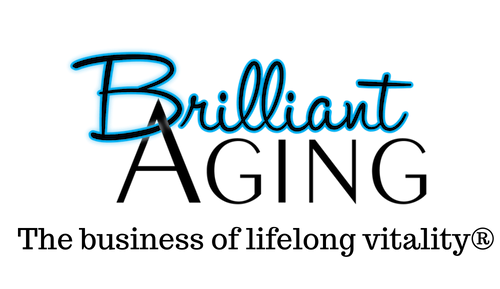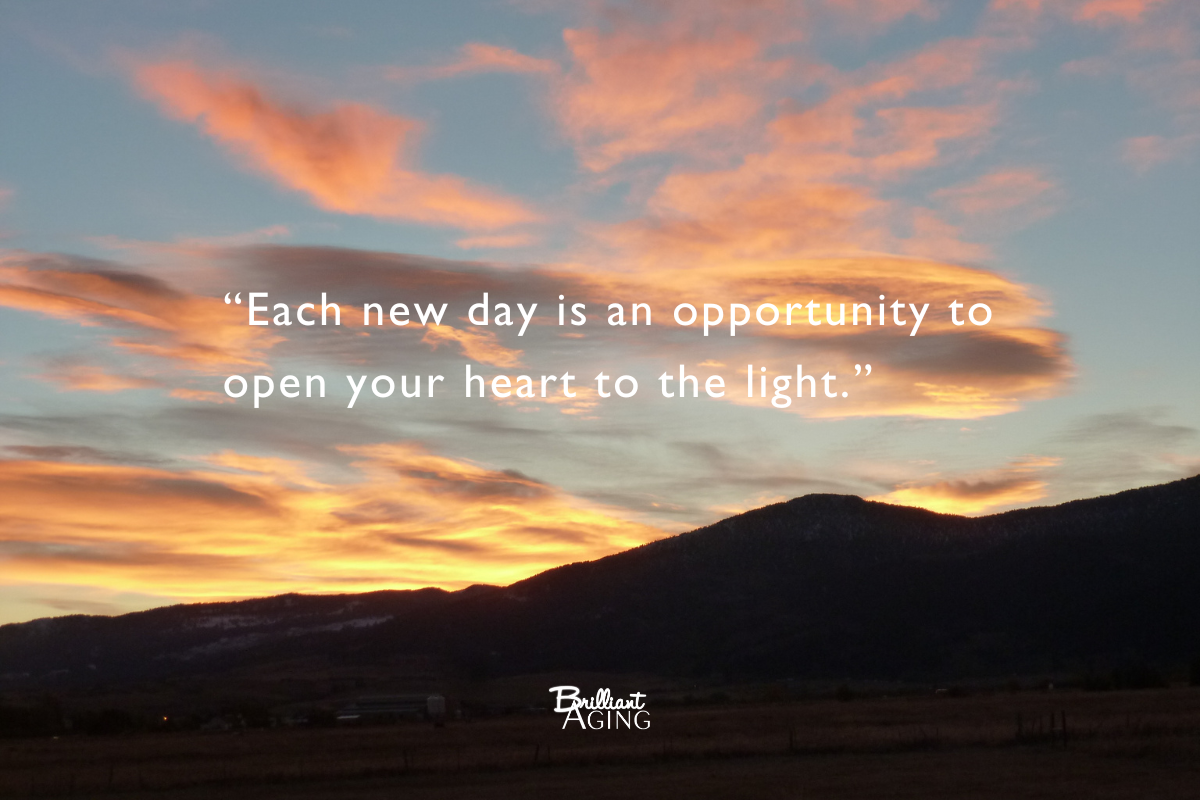Releasing Anger Impacts Physical Health
Deepak Chopra has been a longtime fixture in the field of living with intention and a sense of well-being. His website https://www.deepakchopra.com/ is a wealth of knowledge and allows you to search a wide range of topics. This summary of his article on anger offers additional insight on the importance of managing emotional residue.
According to Chopra, it’s scientifically proven that the body responds physically to emotions, and the damage caused by festering anger, resentment, and anxiety accumulates over time.
For example, persistent negative emotions get translated into impaired function of the heart and digestive tract, and make a person prone to being immune compromised. It’s also clear that factors such as stress and chronic inflammation - thought to be a key factor in cancer, Alzheimer’s, heart disease, stroke, diabetes, and more - take years to develop into symptoms; often preceding chronic illness by 10 to 20 years.
If you can address these largely invisible culprits, you can potentially prevent most chronic disease. Prevention begins by choosing to look at things differently. If you can counteract signs of anxiety, depression, and anger by focusing on love, compassion, joy, and equanimity, your body shifts for the better biologically. We hear that love is the ultimate healer, and it turns out there’s a biochemical reason for it - reaching every part of the body through the central nervous system. Brain scans reveal that the signature neurological expression of love overrides the impact of stress. This rather amazing confirmation could be life-saving. Here are some ways to practice self-healing.
Embrace empathy and kindness.
Be a better tipper, give to a charity, listen to others, and express sympathy. If you find a stray dollar bill on the street, give it to someone who needs it, says William Mobley, chairman of the Department of Neurosciences at the University of California at San Diego. Research shows an act of kindness gives the brain a shot of oxytocin, the “love hormone” that can lower blood pressure and help social bonding; along with a surge of dopamine, which offers a euphoric “helper’s high,” and serotonin, which can improve mood.
Reduce stress.
Constant everyday stress increases levels of the hormone cortisol, which ultimately kills nerve cells and penetrates the brain to spark inflammation. Do five minutes of meditation in the morning, renew your faith, take long walks outside, watch a comedy that makes you burst out laughing, have an all-hands family dinner on Sundays. In a word, find a healthy stress antidote that works for you.
Form bonds with others and avoid loneliness.
Studies show that feeling lonely can be as bad for your health as smoking 15 cigarettes a day, says Dr. Douglas Nemecek, chief medical officer at Cigna. He sees loneliness as a long-term health risk tantamount to tobacco use. It increases the risk of heart disease and stroke, raising the potential for premature death at least as much as obesity, as shown by a meta-analysis of 70 studies covering 3.4 million people. On the other hand, greater social connection leads to a 50% lower chance of early death, according to a review of 148 studies involving 300,000 people, reports Julianne Holt-Lunstad of Brigham Young University.
Take a timeout for gratefulness.
Life is better and richer than we take the time to acknowledge. Choosing to believe this, no matter what lies in the future, can make us live longer, stronger, and happier lives. In a conversation with Dr. William Li, author of the bestseller “Eat to Beat Disease,” Cindy Crawford, the still-luminous supermodel from 30 years ago, tells of waking up every morning, stepping outside, and taking a few moments to feel grateful for what she has.
Self-healing has risen to become at least as important as relying on doctors to cure what ails us. The essence of self-healing isn’t the same as prevention, which is typically based on risks. Risk generates fear, and fear is a poor motivator in the long run. Far better is a healing program based on what is most positive in your life. It involves turning away from the automatic response of gloom and apprehension that has seeped into our lives. We aren’t designed to be anxiety robots, but to choose a better way to live. The path to a better way lies through what we most value in life: love, compassion, creativity, insight, and hope. Such a path has always existed and can never be closed—it is one of the greatest gifts of being human.
Let's Have a Conversation!

